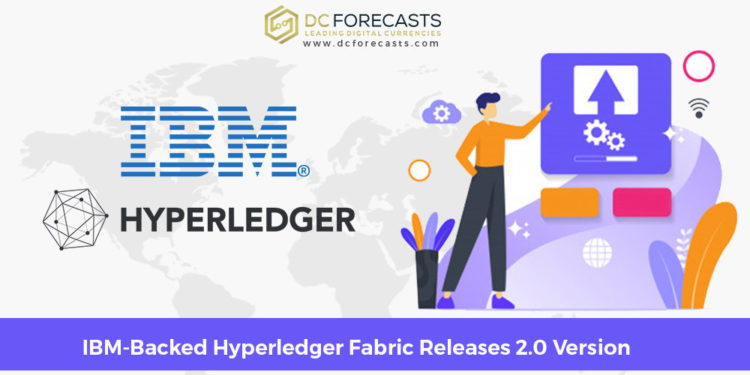The IBM backed project Hyperledger officially released the version 2.0 of its enterprise distributed ledger technology (DLT) platform according to a January 30 announcement. As we can see from the crypto news today, several major features were added to the new platform which improve how its different participants communicate with each other.
We can also see that Hyperledger Fabric is one of the several products of the consortium which features dozens of important industry players and is mainly backed by IBM. As shared with the public, the IBM-backed Hyperledger Fabric 2.0 is a private or “permissioned” blockchain network that is used in many industries including finance and supply chains.
This platform lets companies control access to their networks and keep sensitive data private, while enabling some cross-industry cooperation through dedicated channels and verifiable smart contracts.
The version 2.0 made some notable improvements to decentralization by adding new management system for chain codes which is Fabric’s term for smart contracts. Now, many organizations can agree on key parameters of a chain code, which can be afterwards used on the shared ledger.
In addition to this, chain codes can be tweaked by single organizations before they commit to the ledger. This will ensure that everyone agrees on which data can be shared with each other. Speaking of which, data sharing has also been improved in the IBM-backed Hyperledger Fabric 2.0 and it will work on a need-to-know basis. Organizations can now agree on key parameters of a chain code, which can be afterwards used on shared ledger.
Finally, several performance improvements were introduced which involved parallelization of tasks and more efficient program flows. Now, Hyperledger claims that this allows for the network to support thousands of transactions per second.
As described in the blockchain news before, Fabric is a highly modular DLT platform designed for use in industries. Unlike many public blockchains, this platform answers the need for businesses to maintain their secrecy in the operations. For instance, it allows users to customize the price of a product for each client with none of them knowing what the others are paying for it.
At the same time, Fabric can boost the cooperation between many different industry players with its shared ledger. Companies will be allowed to choose which data they want to disclose while the validity of the secret data is ensured through cryptographic mechanisms.
DC Forecasts is a leader in many crypto news categories, striving for the highest journalistic standards and abiding by a strict set of editorial policies. If you are interested to offer your expertise or contribute to our news website, feel free to contact us at editor@dcforecasts.com























Discussion about this post